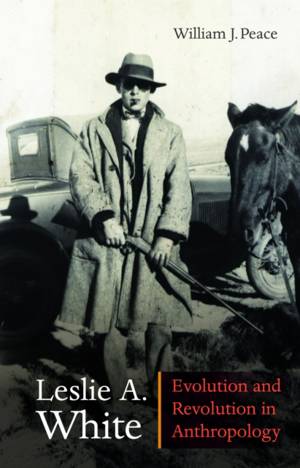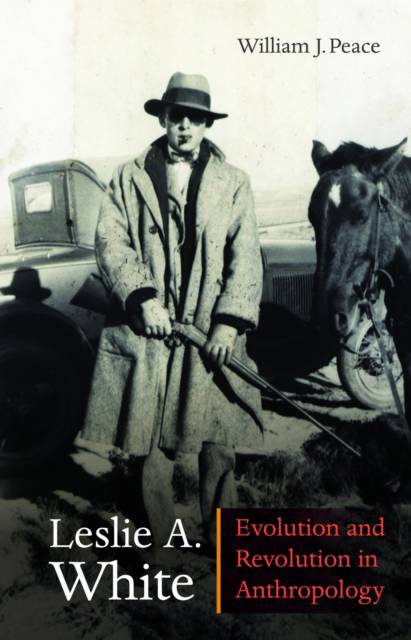
- Afhalen na 1 uur in een winkel met voorraad
- Gratis thuislevering in België vanaf € 30
- Ruim aanbod met 7 miljoen producten
- Afhalen na 1 uur in een winkel met voorraad
- Gratis thuislevering in België vanaf € 30
- Ruim aanbod met 7 miljoen producten
Zoeken
Omschrijving
Few figures in modern American anthropology have been more controversial or influential than Leslie A. White (1900-1975). Between the early 1940s and mid-1960s, White's work was widely discussed, and he was among the most frequently cited American anthropologists in the world. After writing several respected ethnographic works about the Pueblo Indians, White broke ranks with anthropologists who favored such cultural histories and began to radically rethink American anthropology. As his political interest in socialism grew, he revitalized the concept of cultural evolution and reinvigorated comparative studies of culture. His strident political beliefs, radical interpretive vision, and often combative nature earned him enemies inside and outside the academy. His trip to the Soviet Union and participation in the Socialist Labor Party brought him to the attention of the FBI during the height of the Cold War, and near-legendary scholarly and political conflicts surrounded him at the University of Michigan. Placing White's life and work in historic context, William J. Peace documents the broad sociopolitical influences that affected his career, including many aspects of White's life that are largely unknown, such as the reasons he became antagonistic toward Boasian anthropology. In so doing, Peace sheds light on what made White such a colorful figure as well as his enduring contributions to modern anthropology.
Specificaties
Betrokkenen
- Auteur(s):
- Uitgeverij:
Inhoud
- Aantal bladzijden:
- 312
- Taal:
- Engels
- Reeks:
Eigenschappen
- Productcode (EAN):
- 9780803222540
- Verschijningsdatum:
- 1/09/2007
- Uitvoering:
- Paperback
- Formaat:
- Trade paperback (VS)
- Afmetingen:
- 152 mm x 229 mm
- Gewicht:
- 417 g

Alleen bij Standaard Boekhandel
+ 91 punten op je klantenkaart van Standaard Boekhandel
Beoordelingen
We publiceren alleen reviews die voldoen aan de voorwaarden voor reviews. Bekijk onze voorwaarden voor reviews.







